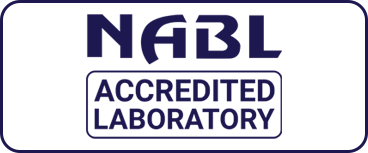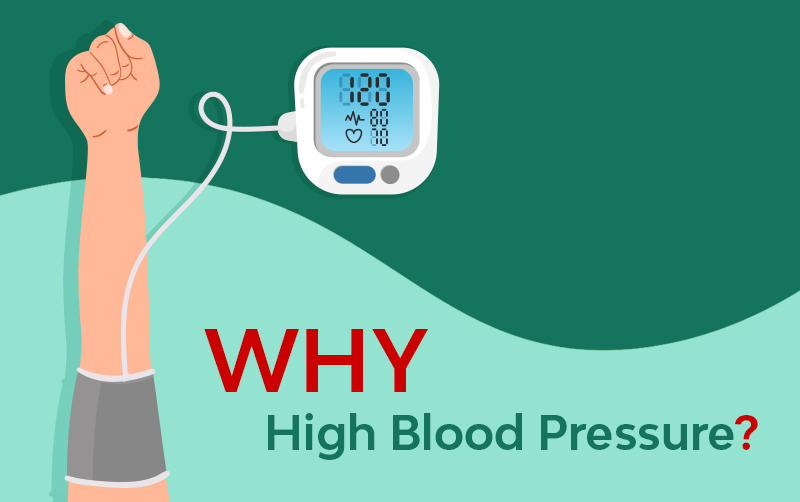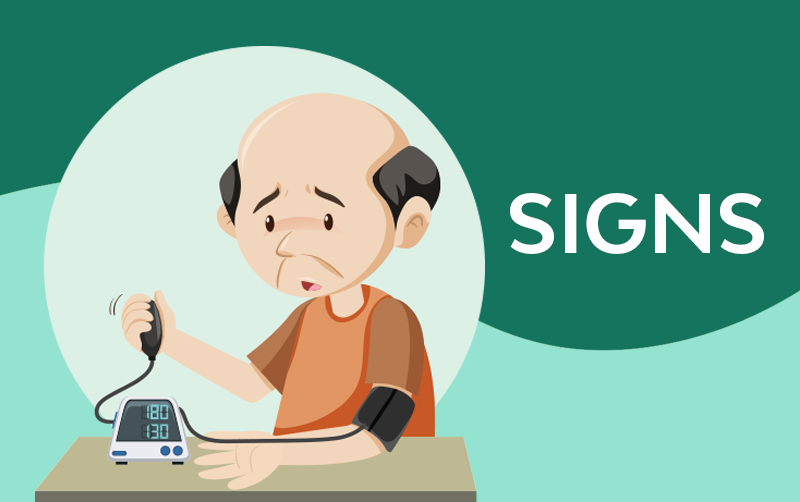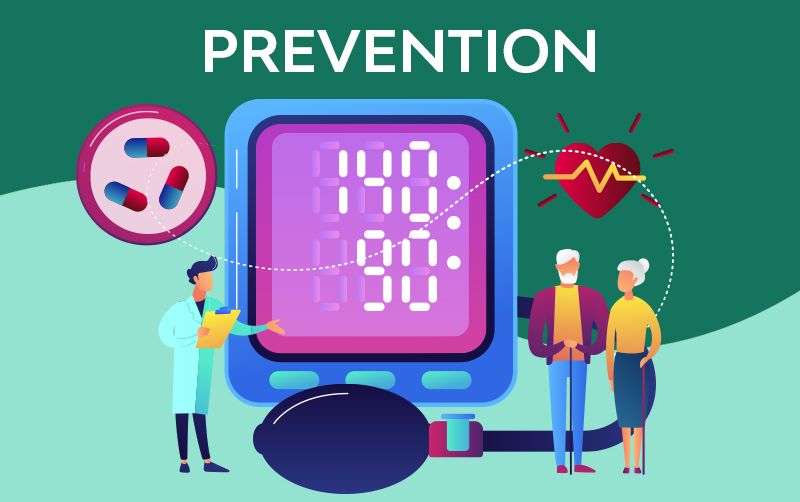Early detection of high blood pressure is important. Regular blood pressure readings can help you and your doctor notice any significant changes. If you have high blood pressure, your doctor might want to monitor your condition over a few weeks and see if the number stays elevated or falls back to normal levels.
Treatment for hypertension includes prescription medication. Some healthy lifestyle changes also prove to be of great value. If the condition isn’t treated, high blood pressure could lead to severe health issues, including heart attack and stroke.
Causes or Reasons of Sudden High Blood Pressure
There are two types of hypertensions and each type has a different cause.
Primary hypertension
Primary or essential hypertension develops over time with no identifiable cause and most people experience this type of high blood pressure.
Although the cause of increase in blood pressure is still not scientifically proven, combination of some factors that may play a role include:
- Genes: Some people are genetically predisposed to hypertension which may be from gene mutations or genetic abnormalities inherited from parents.
- Physical changes: If your body undergoes certain changes, you may begin experiencing other issues in your body as well and high blood pressure may be one of those.
- Environment: Over time, unhealthy lifestyle choices like lack of physical activity and poor diet can be causes of severe health damage. Lifestyle choices can also lead to weight problems and being overweight or obese can increase your risk for hypertension.
Secondary hypertension
Secondary hypertension often occurs quickly. It can become more severe than primary hypertension. Several conditions that may cause secondary hypertension are:
- Kidney disease
- Obstructive sleep apnea
- Congenital heart defects
- Problems with your thyroid
- Side effects of medications
- Use of illegal drugs
- Alcohol abuse or chronic use
- Adrenal gland problems
- Certain endocrine tumors
Signs and Symptoms of High Blood Pressure
Hypertension is generally a silent condition and many people won’t experience symptoms.
Signs of severe high blood pressure can include:
- Headaches
- Shortness of
- Nosebleeds
- Flushing
- Dizziness
- Chest pain
- Visual changes
- Blood in the urine













